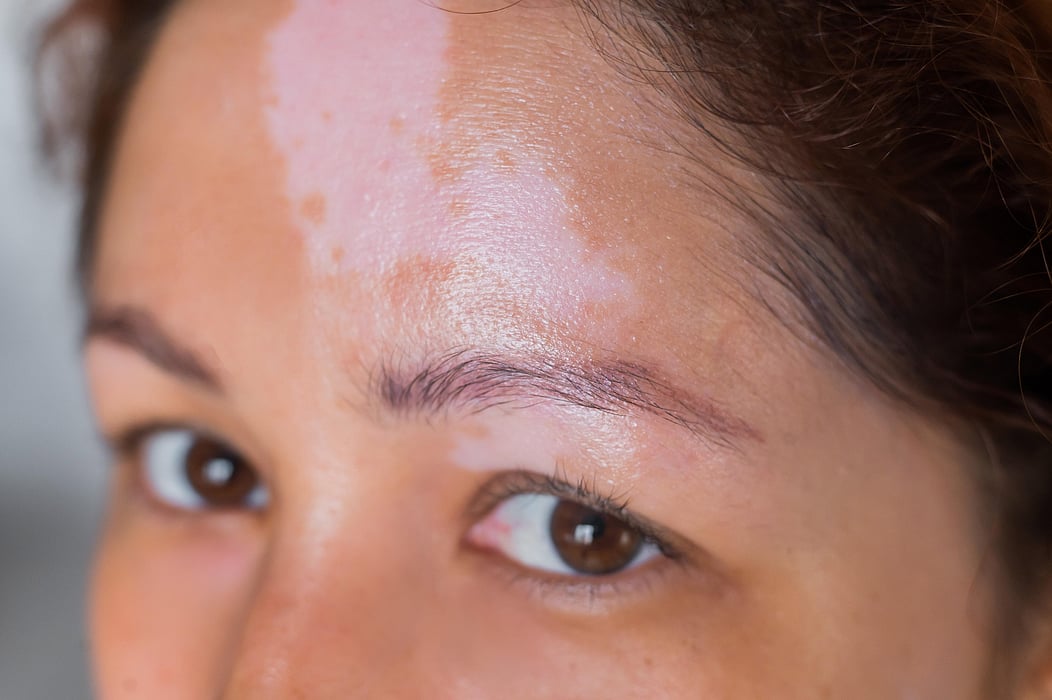Half of Patients With Newly Diagnosed Vitiligo Do Not Receive Treatment

TUESDAY, Oct. 17, 2023 (HealthDay News) -- A high proportion of patients with newly diagnosed vitiligo do not receive any treatment, according to a study recently published in Dermatology and Therapy.
David Rosmarin, M.D., from the Indiana University School of Medicine in Indianapolis, and colleagues retrospectively analyzed claims data from the Merative MarketScan Research Databases. The analysis included data from 19,335 patients aged 12 years and older with newly diagnosed vitiligo.
The researchers found that 49.9 percent of patients did not receive any treatment in the 12-month follow-up. Among those initiating treatment, switching was minimal, with the most frequent first-line treatments being high-potency topical corticosteroids (25.4 percent), oral corticosteroids (23.1 percent), and topical calcineurin inhibitors (TCIs; 14.7percent). Among adolescents initiating treatment, TCI was the most frequently received first-line therapy (30.9 percent). During follow-up, patients with moderate-to-severe vitiligo were very likely to receive treatment, with only 1.5 percent not receiving treatment. Time to first medication claim ranged from 51.9 days for TCI to 178.6 days for systemic immunosuppressants. The mean total days supplied ranged from 14.4 days for oral corticosteroids to 121.0 for immunosuppressants.
"To help better understand the needs of patients with vitiligo, future studies need to examine which demographic and clinical characteristics are associated with not receiving treatments for vitiligo," the authors write.
Rosmarin disclosed ties to pharmaceutical companies, including AbbVie, which funded the study.
Related Posts
Tear in Heart’s Aorta Often Deadly, Though Survival Improving
FRIDAY, Sept. 16, 2022 (HealthDay News) -- A torn aorta can often be deadly, but...
Voces en su cabeza: usar auriculares cambia al oído
VIERNES, 25 de febrero de 2022 (HealthDay News) -- Los auriculares tienen un...
Recent Cancer Treatment Linked to Worse COVID-19 Outcomes
WEDNESDAY, May 11, 2022 (HealthDay News) -- Patients diagnosed with cancer more...
Some COVID-19 Patients Have Persistent Smell, Taste Dysfunction
FRIDAY, Aug. 5, 2022 (HealthDay News) -- A proportion of patients with...
